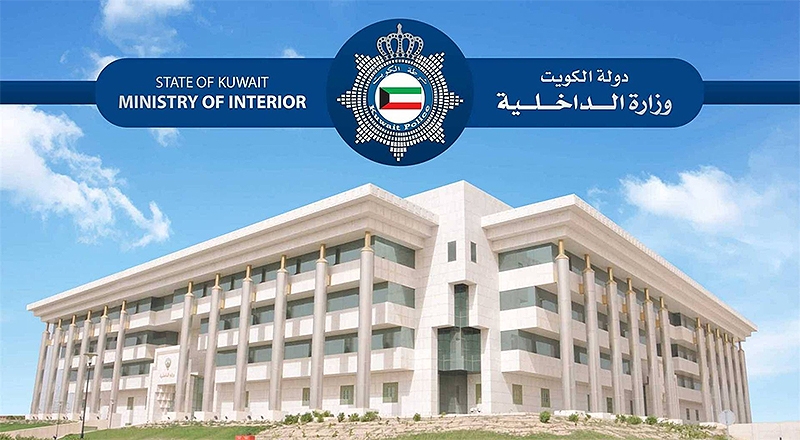The Ministry of Interior’s relevant departments are currently assessing the implications of halting the transfer of residency for foreign workers in the government sector (Article 17) to the private sector (Article 18). This decision has significant implications for a substantial number of expatriates across various government agencies.
According to information obtained by Al-Anba, there is a proposed strategy submitted to the Ministry outlining controls and procedures related to this decision. This strategy aims to address potential concerns and provide clarity on the transfer process. It suggests the potential exclusion of certain categories from the prohibition on transferring from Article 17 to Article 18.
Sources have confirmed that the exempted categories from the transfer ban may include the foreign wife of a Kuwaiti citizen, the foreign husband and children of a Kuwaiti citizen, and foreign residents holding Palestinian documents. These exceptions are being considered to ensure that individuals with close ties to Kuwaiti citizens or those with specific circumstances are not unduly affected by the residency transfer restrictions.
The proposed strategy also outlines an exception for foreign residents who previously held residency under Article 18. This means that if a foreign worker had previously been employed in the private sector and later moved to the government sector, they may be able to transfer their residency back to Article 18, provided they meet certain criteria. These criteria include being under 55 years of age and having employment in the private sector that aligns with their prior role in the government sector.
The sources further disclosed that the suggested exception to the transfer ban specifically applies to foreign residents who initially had residency under Article 22, which is for individuals joining a family member, and later converted it to Article 17 for employment in the government sector. This exception recognizes the unique circumstances of these individuals and aims to facilitate a smooth transition back to their previous residency status.
It is important to note that research is currently underway to explore the feasibility of implementing this strategy. The Ministry of Interior is diligently assessing the potential impact and considering the various factors involved. The final decision and execution of this strategy will be contingent on approval from senior leadership within the ministry.
As this process unfolds, it is crucial for foreign workers in Kuwait, particularly those affected by the residency transfer restrictions, to stay informed and closely follow any updates or announcements from the Ministry of Interior. Understanding the proposed controls and procedures will help individuals navigate through the potential changes and make informed decisions regarding their residency status.
It is advisable for affected individuals to consult with relevant authorities or legal professionals to ensure compliance with the new regulations and to seek guidance on the best course of action based on their specific circumstances.
The Ministry of Interior’s ongoing assessment of the implications of the residency transfer for foreign workers demonstrates the government’s commitment to effectively manage the workforce and ensure a smooth transition for all individuals involved. By considering various exceptions and criteria, the ministry aims to strike a balance between protecting the rights of foreign workers and addressing the needs of the country.
As the situation continues to evolve, it is essential for both foreign workers and the international community to stay updated on any developments and changes in the residency transfer process in Kuwait.
Source: TimesKuwait







